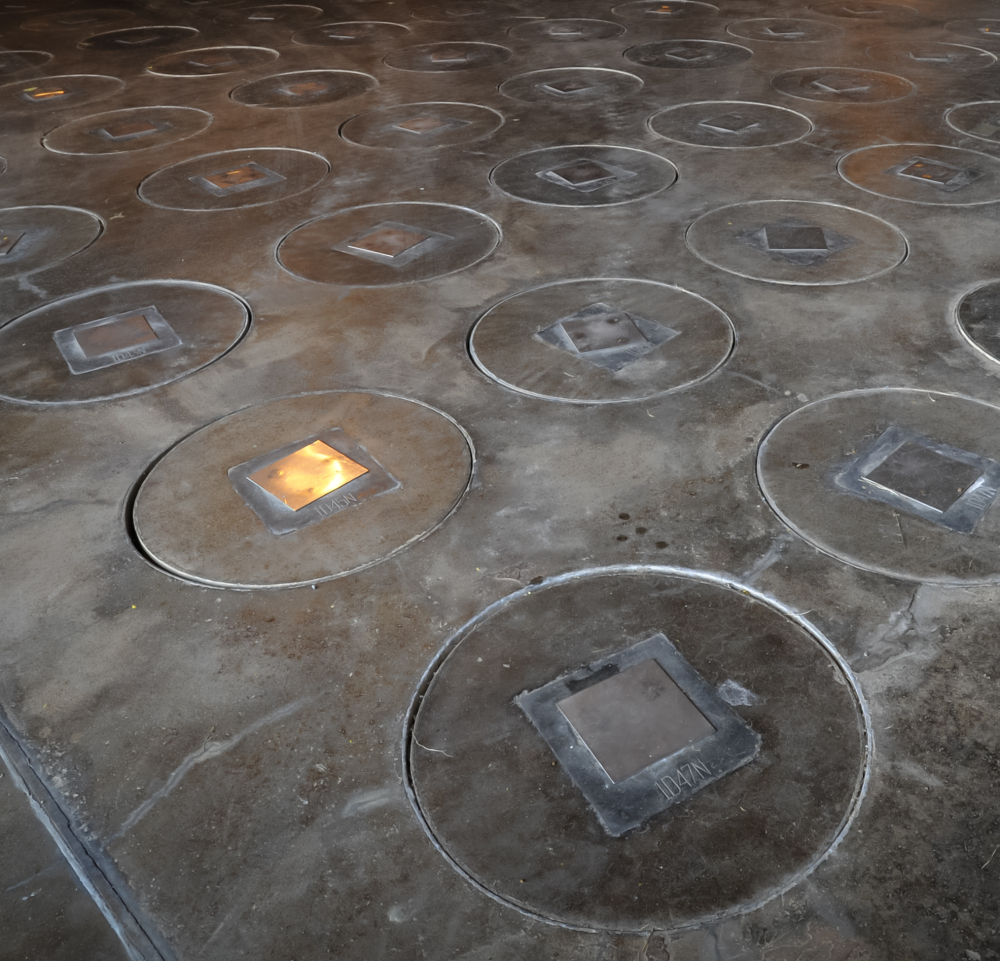COLUMBIA, S.C. — South Carolina said it had filed its largest lawsuit ever against the federal government, seeking to force the U.S. Department of Energy to make good on a deal to remove plutonium from the state.
The lawsuit filed Monday seeks to recover $100 million from the agency for failing to comply with an agreement to remove one metric ton of weapons-grade materials from the Savannah River Site, according to Attorney General Alan Wilson’s office.
The Energy Department didn’t immediately respond to a message seeking comment.
South Carolina for years has tried to recover the fines as part of another lawsuit. The government planned to complete a plant to process weapons-grade materials into fuel for commercial nuclear reactors, but it has not been finished.
A deal allows the state to seek fines of $1 million a day, beginning Jan. 1, 2016, for every day the department failed to remove one metric ton of weapons-grade defense plutonium. Those fines cap at $100 million a year.
Earlier this year, a judge said she couldn’t force the government to pay up, ruling instead that the U.S. Court of Federal Claims was the best venue to deal with the money issues. U.S. District Judge Michelle Childs told both sides to come up with a removal schedule for the materials on their own.
Childs has also ruled South Carolina couldn’t claim the feds were violating the constitution by failing to complete the mixed-oxide fuel project at the Savannah River Site, a sprawling former nuclear weapons plant along the South Carolina-Georgia border.
The lawsuit filed Monday deals with $100 million in fines the state says it’s owed for this year, with Wilson’s office saying the state will separately pursue fines owed for 2016.
The unfinished mixed-oxide fuel facility is billions over budget, a situation Energy Department officials blame on design and construction mistakes and escalating supply costs. The plant was key to a nonproliferation agreement with Russia in which both countries committed to turning enough plutonium to arm 17,000 warheads into fuel.
Since the United States lacks a designated long-term storage site for high-level radioactive waste, tons of unwanted plutonium has accumulated at the former nuclear weapons complex.
Send questions/comments to the editors.



Success. Please wait for the page to reload. If the page does not reload within 5 seconds, please refresh the page.
Enter your email and password to access comments.
Hi, to comment on stories you must . This profile is in addition to your subscription and website login.
Already have a commenting profile? .
Invalid username/password.
Please check your email to confirm and complete your registration.
Only subscribers are eligible to post comments. Please subscribe or login first for digital access. Here’s why.
Use the form below to reset your password. When you've submitted your account email, we will send an email with a reset code.